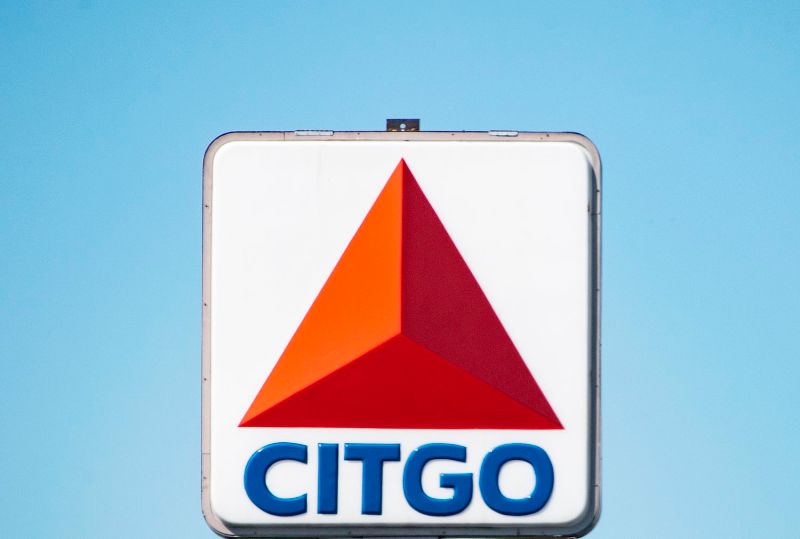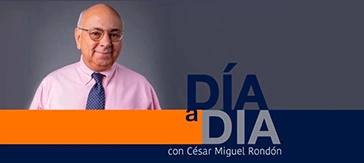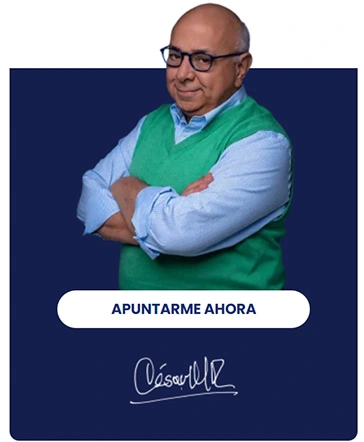Publicado en: Foreign Policy
Por: Francisco J. Monaldi
If Maduro hands the refining company over to his creditors, it would be bad news for the opposition—and the United States.

Cortesía: Jim Watson
At the United Nations General Assembly, President Donald Trump recently reaffirmed the United States’ commitment to the Venezuelan people and predicted the day “when democracy will be restored [and] Venezuela will be free.” But one issue percolating through the U.S. federal bureaucracy could put off that future all the further by strengthening Nicolás Maduro’s grip on power.
This complicated saga starts with a dubious financial transaction.
In 2016, the cash-strapped Maduro regime proposed a deal with some bondholders of the state-owned oil company PDVSA to swap their bonds for new ones maturing in 2020. As collateral, Maduro pledged these creditors 50.1 percent of Citgo, an iconic century-old American refining company that PDVSA had acquired in 1986 in the hope of developing U.S. markets for Venezuela’s heavy crude production.
When Maduro proposed the bond swap several years ago, Venezuela’s National Assembly—currently the only democratically elected body in the country—explicitly warned that any such deal struck without the legislature’s approval would be null and void. Moreover, allowing the deal to go through would help Maduro maintain his authoritarian grip on power, perpetuating the suffering of Venezuelans.
Given the legal and human rights issues, many investors stayed away, but some found the outrageously high-risk premiums too good to pass up—and they handed the regime a lifeline.
Meanwhile, this year, after the U.S. government recognized the president of Venezuela’s National Assembly, Juan Guaidó, as the legitimate interim president of Venezuela, U.S. courts allowed a board appointed by the Guaidó administration to take control of Citgo. Since then, a highly qualified team has been working hard to implement proper management of the business and improve its performance. Citgo is now by far the single most important asset available to Guaidó and his allies, and it could eventually provide the foundation for economic recovery in a post-Maduro Venezuela.
Yet this fall, with PDVSA on the verge of defaulting on the 2020 bonds, Maduro’s creditors may be able seize Citgo under a little-known sanctions exemption issued by the U.S. Treasury Department known as General License 5 (GL5). U.S. sanctions imposed on Venezuela forbid any U.S.-based transaction involving Venezuelan assets, but GL5 gave the PDVSA 2020 bondholders a special exemption. Ironically, this exemption, established before Guaidó took over control of Citgo, seems to have been intended to maximize financial pressure on the Maduro regime and hasten its demise. But if these creditors get their way, it may have the opposite effect.
Beyond the implications for the Venezuelan opposition, the seizure of Citgo could harm the United States. Citgo is the fifth-largest independent refiner in the country and provides thousands of jobs in places like Illinois, Louisiana, and Texas.
Furthermore, Citgo is critical to the Trump administration’s explicit goal of restoring freedom, democracy, and the rule of law in Venezuela. If Citgo is allowed to be carved up to benefit the bondholders, Guaidó would lose a vital asset and be weakened, and the Maduro regime would grow stronger. That would be a terrible setback and would undermine everything the Trump administration has worked to achieve with its Venezuela policy.
Although the story is complicated, the fix is easy. The Trump administration could revoke or suspend GL5 so that U.S. sanctions would apply equally to everyone, with no special exemption for the PDVSA 2020 creditors. But it must act promptly, before Oct. 27, when PDVSA is required to pay $913 million to these bondholders. That way, even if these creditors’ claim remains, they would not have a special privilege to Citgo assets.
Some financial sector lobby groups have argued that the administration should not choose sides in the battle for Citgo. But by leaving GL5 in place, the administration actually would be choosing sides against numerous other creditors. Why put these bondholders ahead of everyone else?
Protecting Citgo strengthens Guaidó and Venezuela’s National Assembly, advances the cause of freedom, and offers hope that a democratic government can one day restore the rule of law and legitimate property rights in Venezuela. If Citgo is lost, Maduro wins.













